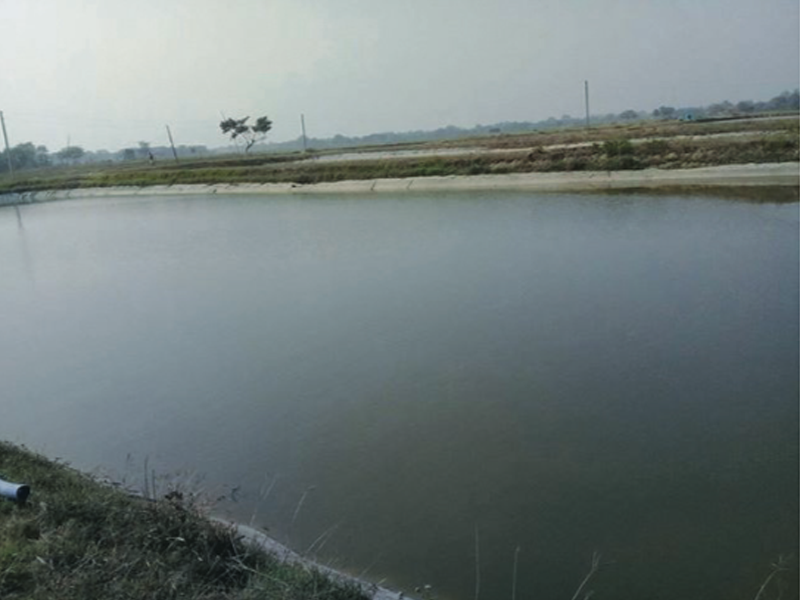

One Woman, One Training, One Vision

In the tiny village of Manmateriya, located in the Rupandehi district of Nepal, Srijana Tharu was born and raised by her parents, together with her younger sister and brother. The main occupation of her family has always been agriculture, but both her siblings are in school, and she has completed a master’s degree. They mainly grow staple foods like wheat, red lentil and paddy (rice).
In 2015, Ms. Tharu was selected to be an agriculture trainee at Israel’s Ramat Negev International Training Center for 11 months. She says that, studying there, her perception towards agriculture completely changed. It was there that she first thought, “Gosh, I need to prove that I, too, can be a successful business woman.” After completing her training in Israel, she returned back to Nepal and started her own enterprise.
.png)
The first thing she did, however, was to attend a 10-day long Entrepreneurship Development Training, which was organized by the Industrial Enterprise Development Institute (IEDI) and Sana Kisan Bikas Bank Ltd. (SKBBL). The training at IEDI helped Ms. Tharu decide what she wanted to do with her newly acquired knowledge. She made a business plan for fish farming on a small scale and put it into action.
It didn’t take long before she started earning money, which encouraged her to expand the farm to 2.5 hectares of land. The additional land was used to construct four ponds for fish from the carp family, mainly Labeo Rohita (Rohu), Cirrhinus Spp. (Naini), common carp, grass carp, silver carp, Bighead, as well as some other exotic fish.
Once she started earning profit, she constructed two nursery earthen ponds with approximately 10,000 fingerlings and two big earthen ponds with approximately 6,000 market-sized fish.
But she doesn’t do it all alone. Her family helps her manage the farm and the labour work that comes with it. They sell the fingerlings to a nearby hatchery, a facility where eggs are hatched under artificial conditions, as well as a nearby district. The big fish are usually sold at the local market.
From her fishing business, she now earns Nrs. 800,000 yearly. If not for the theoretical and practical training she received from Ramat Negev International Training Center, she would not have known how to become an entrepreneur, she says.
She is a role model for other women in her village and beyond to become independent through agricultural entrepreneurship.

Blog & Success Stories

